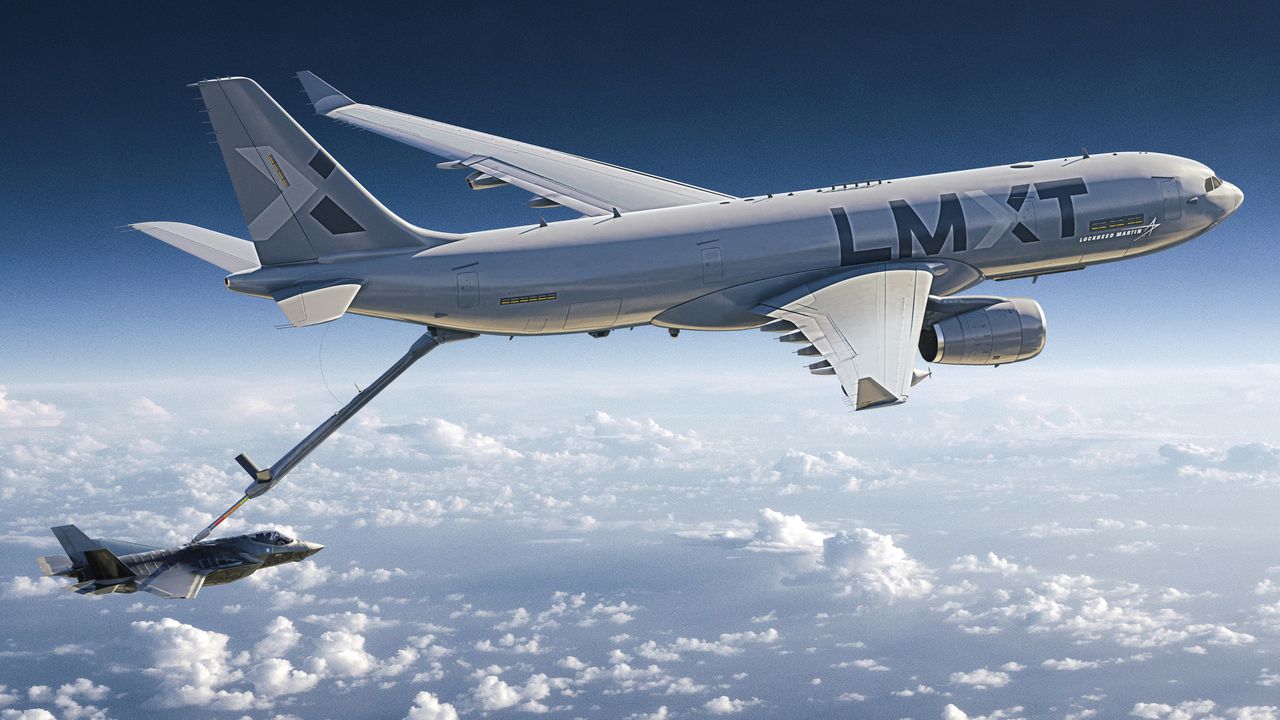Alabama leaders, Airbus still want to fight for Air Force tanker deal
Airbus and Alabama say they won’t take an “L” as long as they think there’s still a chance of getting a “Y.”
That’s “Y” as in the U.S. Air Force’s KC-Y contract for a fleet of tankers, sometimes called “bridge” tankers because they fill in the gap between an earlier KC-X round of tankers being built by Boeing and a future generation of KC-Z tankers.
Initially, the KC-Y program promised to be a rematch of the heavyweight fight that took place a decade ago, when Airbus proposed to build tankers in Mobile. Boeing won that battle, but only after some ugly, bruising twists. This time around the battle lines were drawn through Mobile once again, with Airbus proposing to build a version of its A330 on a new line at the Brookley Aeroplex, then have it modified for tanker duty by Lockheed Martin in Georgia. This LMXT would be a U.S.-specific version of an A330-based tanker that is being used by governments in Europe and elsewhere.
But instead of building, the battle royale fizzled: By March 2022, the Air Force and the Pentagon were signaling that they liked the idea of dropping the KC-Y competition and just buying more Boeing tankers until the KC-Z’s day comes along.
That has sat poorly with U.S. Rep. Jerry Carl and other Alabama officials, but momentum has seemed to continue shifting that way. In March 2023, Andrew Hunter, the Air Force’s top official for weapons purchases, said the Air Force probably would buy only 75 new tankers, rather than the 160 or so envisioned for the KC-Y round, and that it likely would continue buying Boeing jets rather than give competitors a chance.
Once again that didn’t go over well with Alabama’s congressional delegation, including Carl and Sen. Tommy Tuberville. But a variety of defense industry news outlets reported that the Air Force was dropping the KC-Y, KC-Z approach altogether. Under its new approach, it will stay the course until it figures out what a proposed Next-Generation Air-Refueling System should look like.
On Monday, as Airbus’s Mobile facility celebrated a landmark delivery to Delta Air Lines, Carl said he had not yet given up on KC-Y.
“Hope is still alive,” Carl said. “You know, when you’re talking about the tanker program, you’re talking about a company that has delivered zero aircraft that actually work 100%. I think right now they’re up to 98% … I’d hate to be the 2% that needed to get refueled over Europe right now. So I will never give up on the idea of a tanker coming back to Mobile. So we’ll just keep fighting the fight.”
“That’s all we’re pushing for, that’s all I’ve ever pushed for,” he said of the KC-Y competition. “Give us a chance to bid it out, make it a fair bid. But what they’re going to do, the Air Force director has decided it’s his choice, and he’s going to basically give them a blank check. So we’re working on some strategies through the Armed Services Committee and also Appropriations.”
Jeff Knittel, chairman and CEO of Airbus Americas, likewise offered a never-say-die outlook.
“We’re in the process,” he said. “We have a terrific partner in Lockheed Martin … We think we have the future tanker.”
“The process is ongoing, and we’re hopeful that the RFI [a Request for Information, a preliminary step in a competition] is issued and the selection process shows how high-quality a tanker we have today,” Knittel said.
Knittel said that just a few years ago, Airbus’ current presence in Mobile might have seemed like a far-fetched prediction.
“I think the reality is, if you looked at where we are today on the commercial side, you would not have guessed we would have been where we are today, with over 300 commercial airplanes delivered,” he said. “If you look at the tanker, there’s no reason we can’t do a similar thing.”
